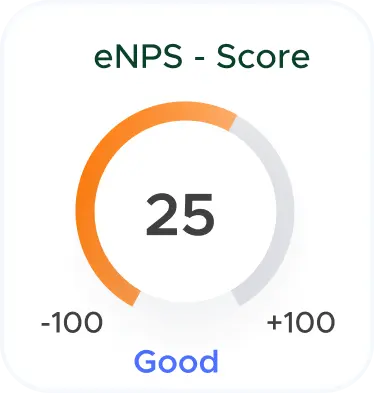Total Quality Management (TQM) is a comprehensive approach to management that aims to enhance the quality of products and services through continuous improvement initiatives, employee involvement, and customer focus.
It is a philosophy that permeates every aspect of an organization, from top management down to frontline employees, emphasizing the importance of quality in all processes and activities. TQM is not merely a set of tools or techniques; it is a cultural shift that requires commitment, leadership, and the active participation of all members of an organization.
What is total quality management (TQM)?
Total Quality Management (TQM) is a comprehensive management approach that aims to continuously improve the quality of an organization's products, services, and processes. It involves the entire organization, from top management to frontline employees, in a concerted effort to meet or exceed customer expectations and achieve organizational goals. TQM emphasizes customer satisfaction, employee involvement, process improvement, and the use of data and analysis to drive decision-making.
What is total quality management in business?
Total Quality Management in business refers to the systematic approach of managing quality across all aspects of an organization's operations. It involves everyone in the organization, from leadership to frontline workers, committing to quality. TQM in business encompasses processes, people, and resources to ensure quality is built into products, services, and organizational culture.\
Is total quality management still relevant?
Yes, Total Quality Management is still relevant today. In fact, in today's competitive business environment, where customer expectations constantly evolve and organizations are under pressure to improve efficiency and reduce costs, TQM remains vital to achieving sustainable success. TQM provides a framework for organizations to continuously improve quality, enhance customer satisfaction, and drive innovation.

.svg)













.svg)



.svg)
.svg)